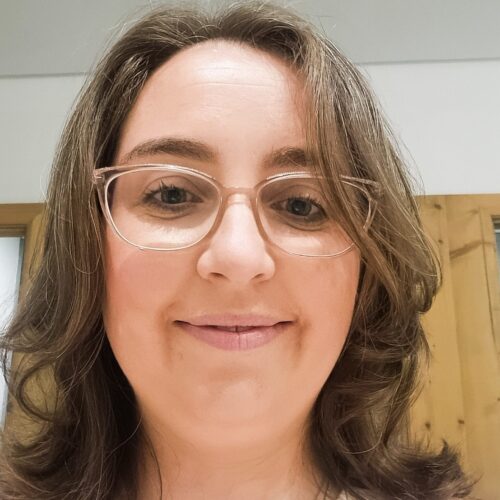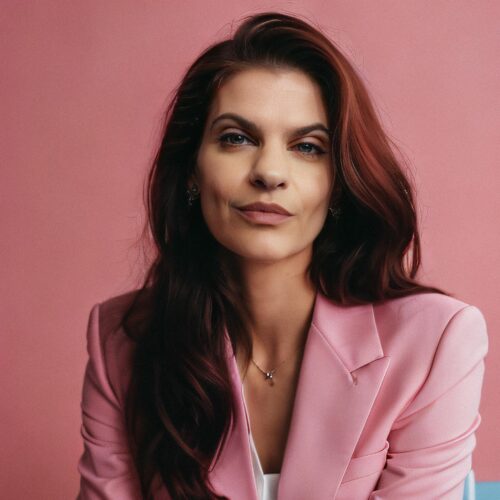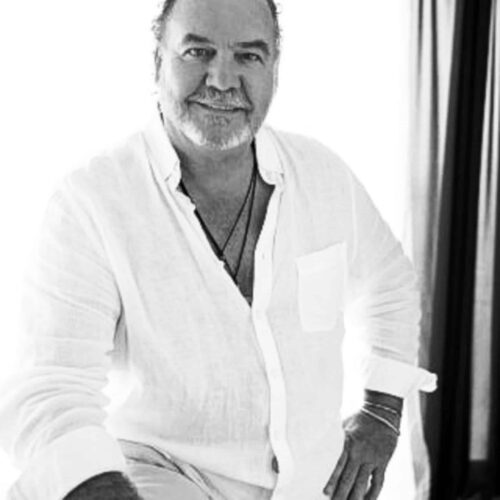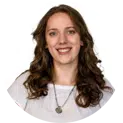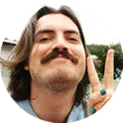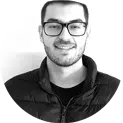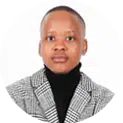The Psychology of Human Sexuality
R1,700.00

Course Overview
Sexology is a new science which is not always understood. This course will give you the confidence to explore the field of sexology, boost your knowledge and help you understand concepts related to human sexuality and behaviour that are naively misunderstood.
The Psychology of Human Sexuality short course introduces you to the scientific study of human sexuality, human sexual interests, sexual behaviours and functions within various environments and subsystems.
This ecological approach focuses on the perception and control of sexuality and sexual behaviours that occur naturally, that is, outside the laboratory.
In this 20-hour short course, explore sexology as an autonomous scientific study, with its own very specific frameworks and ideologies. Examine the strong presence that sexology has in overlapping academic fields such as biology, medicine, psychology, sociology, and criminology.
Learn about the history of Sexology, how it came into existence and how it has evolved to the present day.
Finally, the course will expand your knowledge of the role of a Sexologist, Sexuality Therapist, and Counsellor of Sexuality.
FAQs
What are the entry requirements?
Anyone 18 years of age or older can sign up for this short course. There are no academic entry requirements or conditions.
Who is this short course for?
This short course is for anyone interested in understanding human sexuality, human sexual interests, sexual behaviours and functions.
What is the time commitment?
A total of 20 hours is required to complete the short course.
What do you need to do the short course?
- Access to Microsoft Word
- Google Chrome (recommended)
- Stable internet connection
Is the short course accredited?
The short course is not accredited and non-credit bearing.
What is human sexuality?
Human sexuality is the way people experience and express themselves sexually. This involves biological, psychological, physical, erotic, emotional, social, or spiritual feelings and behaviours. Read more here.
Course highlights

-
Understand concepts related to human sexuality and behaviour that are naively misunderstood.
-
Examine the pre-scientific and scientific contributions to building the foundations of the science of sexology.
-
Identify what is the work of a Sexologist, Sexuality Therapist and Counsellor of Sexuality
Dates and Registration
- Class of 2025 Jul-Sep: 1 July – 30 September
- Class of 2025 Oct-Dec: 1 October – 31 December
Short course classes are on demand allowing you to register at any time and move through course content at a time that suits you. Learners will have access to the course for the class period they choose when registering.
Learner Experience
Certification
Upon completion, you will receive a digital certificate of completion as evidence of the skills and knowledge demonstrated.
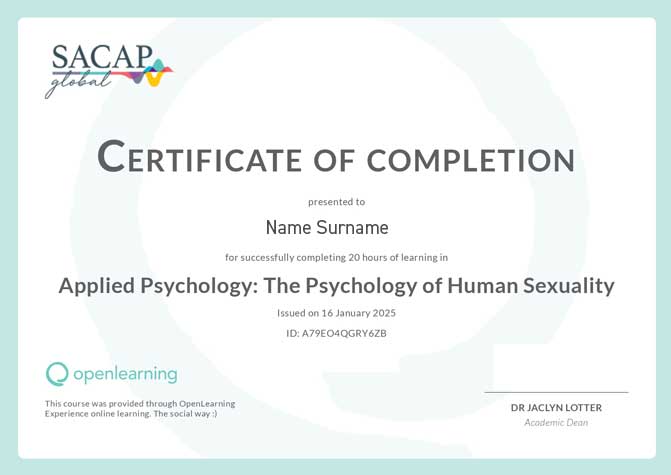
The Psychology of Human Sexuality short course has been designed and developed by experts in the field of psychology. The course is for anyone needing to upskill in this area and offers 20 hours of learning.
What You’ll Learn
Through videos, readings and discussions, you will explore the following topics:
- Sexology as an Autonomous Science. Identify core terms and concepts within Sexology as its own unique field of study.
- The History of Sexology Pre-Scientific Pioneers; Greeks, Romans, Jews, Vatsyayana and Kama Sutra.
- The History of Sexology: The Scientific Pioneers of Sexology.
- The work of a Sexologist, Sexuality Therapist and Counsellor of Sexuality.
Course Outcomes
By the end of this course you will be able to:
- Define the terms Sexology and human sexuality.
- Describe the placement of Sexology as an Autonomous Science by means of (W)holism, Universal integralism (bio-psycho-socio-cultural) and an inter-transdisciplinary theory.
- Examine the Overlapping Fields of Sexology with other Sciences.
- Describe the World Health Organisation (WHO) mandate with regard to Sexology.
- Describe the influence of the Ancient Greeks, Ancient Romans, the Jews and the Vatsyayana and Kama Sutra on Sexology.
- Identify the contributions of: Iwan Bloch, Magnus Hirschfeld, Havelock Ellis, Sigmund Freud, Carl Gustav Jung, Wilhelm Reich, Alfred C Kinsey, Masters and Johnson.
- Identify what is the work of a Sexologist, Sexuality Therapist and Counsellor of Sexuality.
There are numerous practical and self-reflective activities throughout the course, to help you on the journey. Each activity is carefully designed to enhance your learning and understanding of the content. This course is not meant to be purely academic in nature, but a course that can truly enhance your journey and understanding of yourself and others.
The Team
The SACAP Global team brings a wealth of knowledge and practical experience across various disciplines. Our expert short course developers and dedicated support team are passionate about sharing their insights to help you get the most out of your online learning journey.
